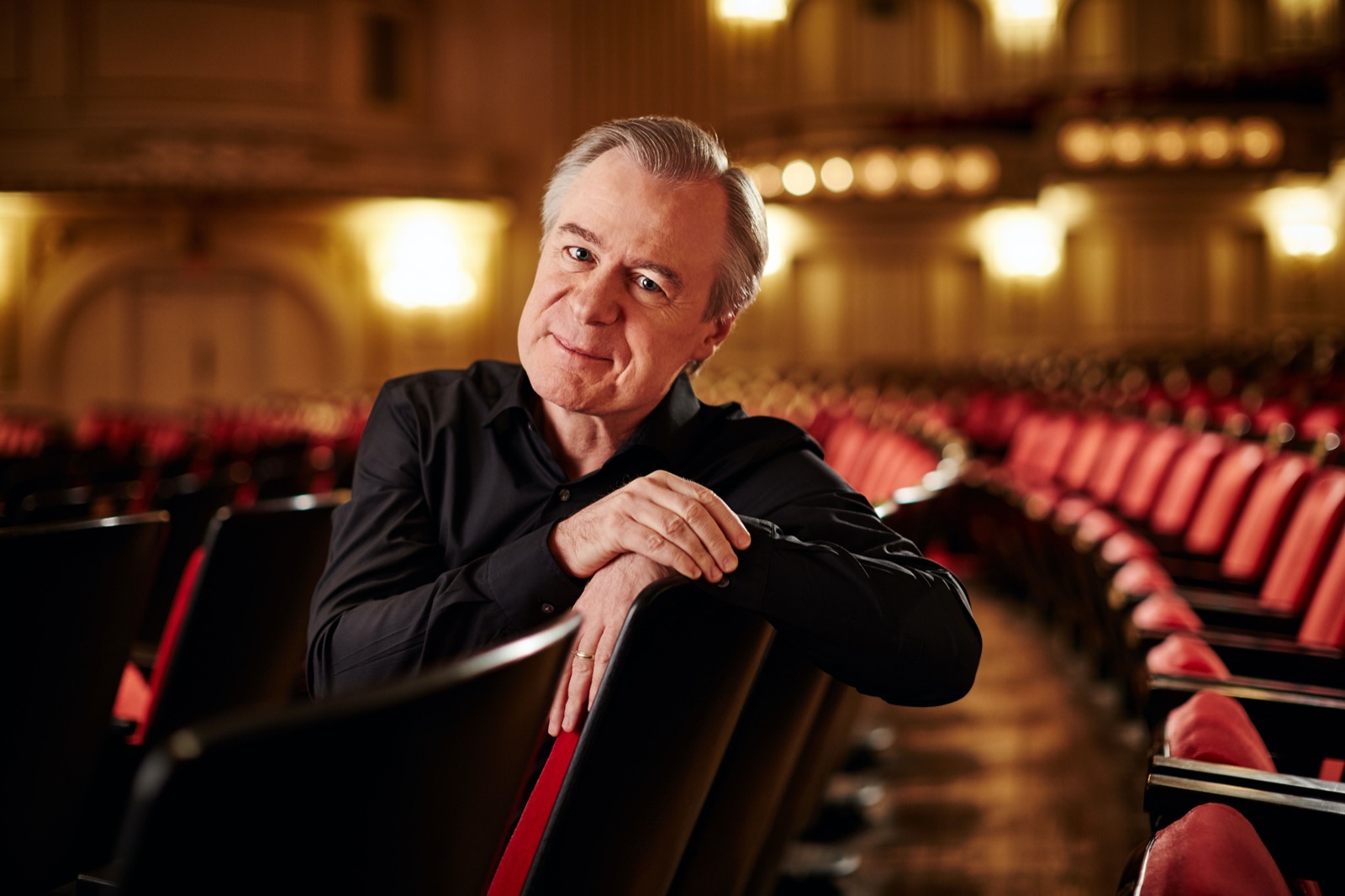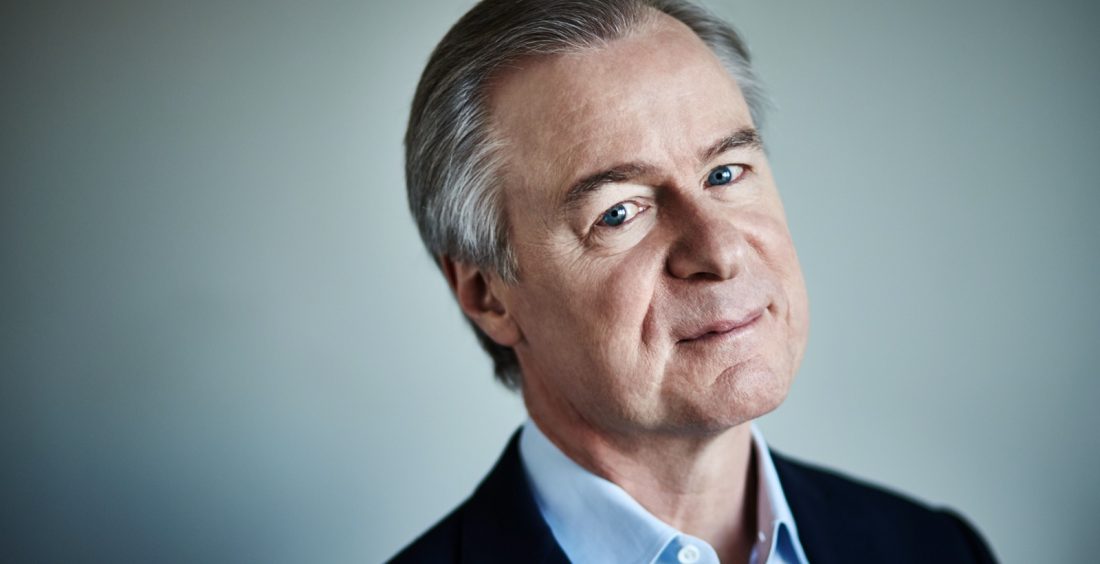Czech Philharmonic
& David Robertson
We invite ticket holders to Pre-Concert Talk. The discussion with David Robertson, Ivo Kahánek and Michal Rataj begins at 6.30 pm.
Programme
- Charles Ives: The Unanswered Question
- Michal Rataj: Movis, concerto for piano solo and large orchestra
- Charles Ives: Symphony No. 4
Performers
- Czech Philharmonic
- David Robertson – conductor
- Ivo Kahánek – piano
- Prague Philharmonic Choir
Pianist Ivo Kahánek & composer Michal Rataj
Monumental, daring and, at the same time, poignant
The audience has a wonderful evening in store with a concert given by the Czech Philharmonic and American conductor David Robertson, the Prague Philharmonic Choir and Ivo Kahánek. One of the most eminent Czech pianists on the music scene today, Kahánek will be appearing twice during this festival programme when he performs the piano concerto Movis by contemporary Czech composer Michal Rataj and then the solo part in Symphony No. 4 by Charles Ives. “Together with Gershwin, Ives is a fundamental American composer of the first half of the 20th century, and his monumental, daring and, at the same time, poignant Symphony No. 4 for orchestra, choir and solo piano is one of his greatest works,” says Prague Spring Programme Director Josef Třeštík. “Ivo is a first-rate soloist of traditional scores who has embarked upon a quest in a sphere of music considerably more recent,” states Michal Rataj. “As a composer I have always been fascinated by quests like this,” he adds. Kahánek himself states that he is looking forward immensely to his twofold appearance at this Prague Spring concert: “On the one hand it was at this festival – or, more precisely, during the festival competition – that my concert career began in 2004. On the other hand, the Prague Spring is one of the world’s elite festivals, and to perform at the event would be an honour for any musician, even more so in my case, given that I will be joining another national treasure – the Czech Philharmonic, along with conductor David Robertson. Michal Rataj’s piano concerto will give me one of my first opportunities to play truly current music, moreover, music written by my contemporary and friend which may well surprise the audience not only for its originality, but also for its sheer beauty. The score even requires me to improvise at one point!”
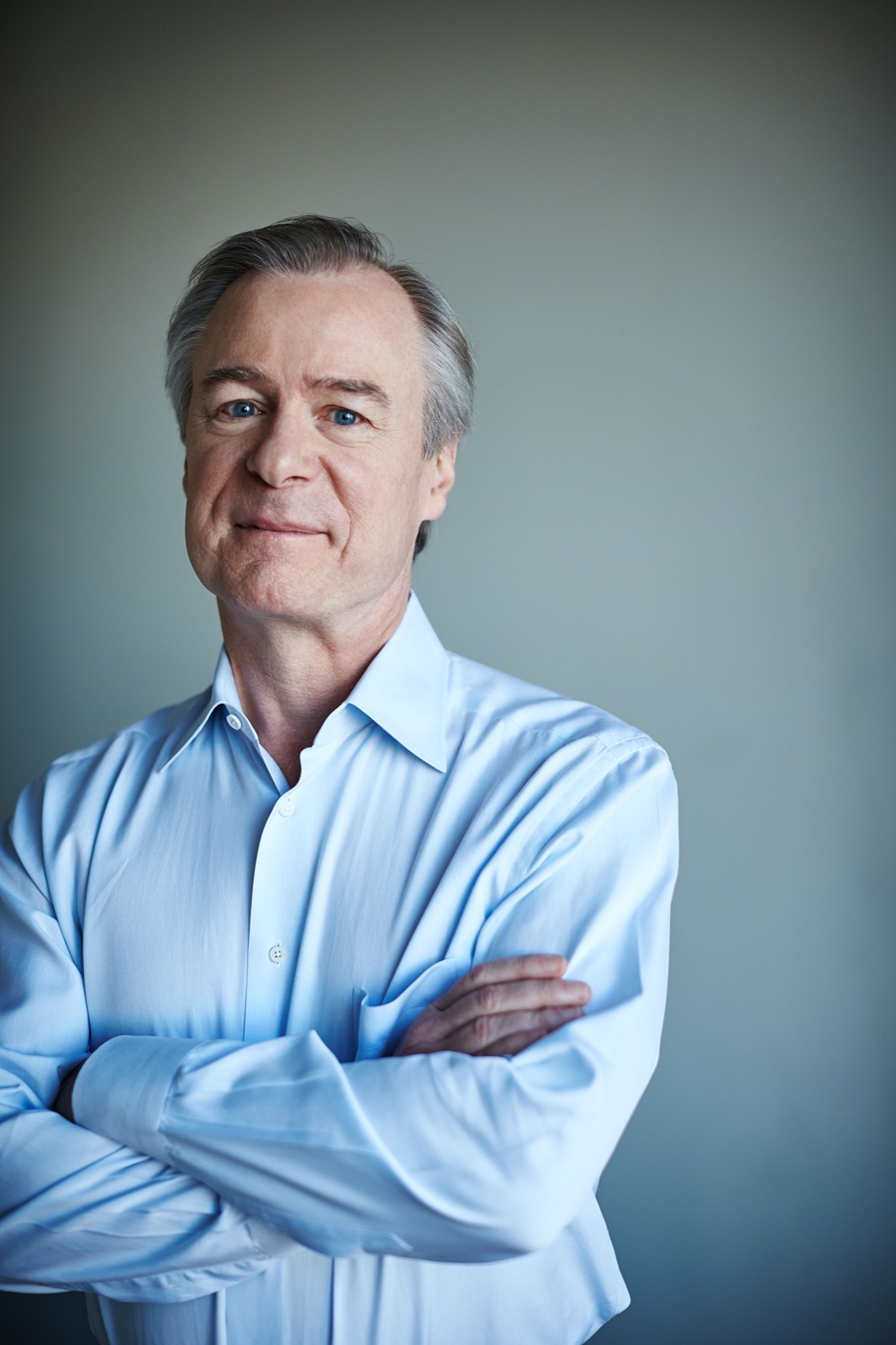
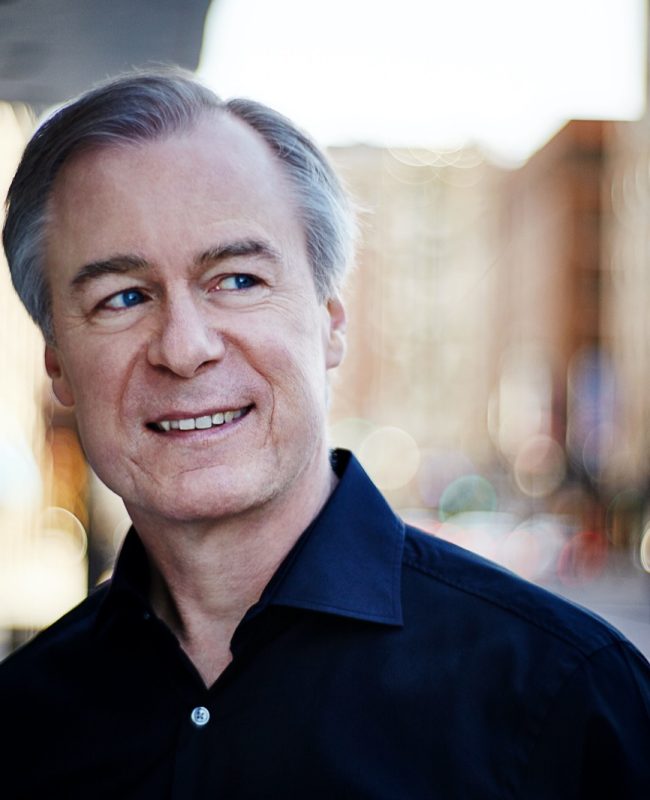
Philosophy transferred to music
The industrial revolution that occurred during the 19th century brought unprecedented economic prosperity for the United States which not only allowed the inhabitants of the New World a more discerning lifestyle but it also enabled them to cultivate musical tastes. Regular concerts were organised in the larger towns and cities, supported by distinguished local figures and by the patronage of nouveau riche bankers and industrialists who were able to organise guest appearances from Europe’s leading artists (the most notable being Antonín Dvořák). This ferment slowly gave rise to a special brand of American music which found inspiration in the musical expression of the indigenous population and the African American ethnic group; nevertheless, it still remained firmly bound to the models of European Romantic music. These moulds were finally broken by Charles Ives (1874–1954) who, through his achievements – considered experimental in their day – influenced future generations of composers in America and elsewhere.
Map out the contemporary acoustic art
Michal Rataj (1975) largely writes electroacoustic and instrumental music. In 2002 he was involved in the launch of Radioateliér, a programme for Czech Radio’s Vltava service, and he also established the internet portal rAdioCUSTICA, designed to map out the contemporary domestic acoustic art scene. He wrote the music and created the sound design for a large number of radio plays and, more recently, for various feature and documentary films and series (such as Jan Palach, Bohéma). In his work he seeks out crossovers between contemporary sound technologies and traditional compositional approaches. While he often works with the technological transformation of sound in real time, he appreciates being able to create purely acoustic forms, where he simply allows technology to play a role beneath the surface. This is also true in the case of the piano concerto Movis, inspired by ambient electronics and arising from Rataj’s endeavours to project his own experience of his studio work into the living organism of the symphony orchestra. In contrast, the solo piano part features as an autonomous, independent voice that appears to “reverberate into the orchestra”, creating acoustic impulses which resonate across the instrumental sections, acting like the stroke of a bell. The freedom of the piano part culminates in an expansive improvised cadenza. vystupuje sólový klavírní part jako svobodný, nezávislý hlas, který jakoby „zvoní do orchestru“ – vytváří akustické impulzy rezonující napříč nástrojovými skupinami jako při úderu do zvonu. Svoboda klavírního partu vrcholí rozmáchlou improvizovanou kadencí.
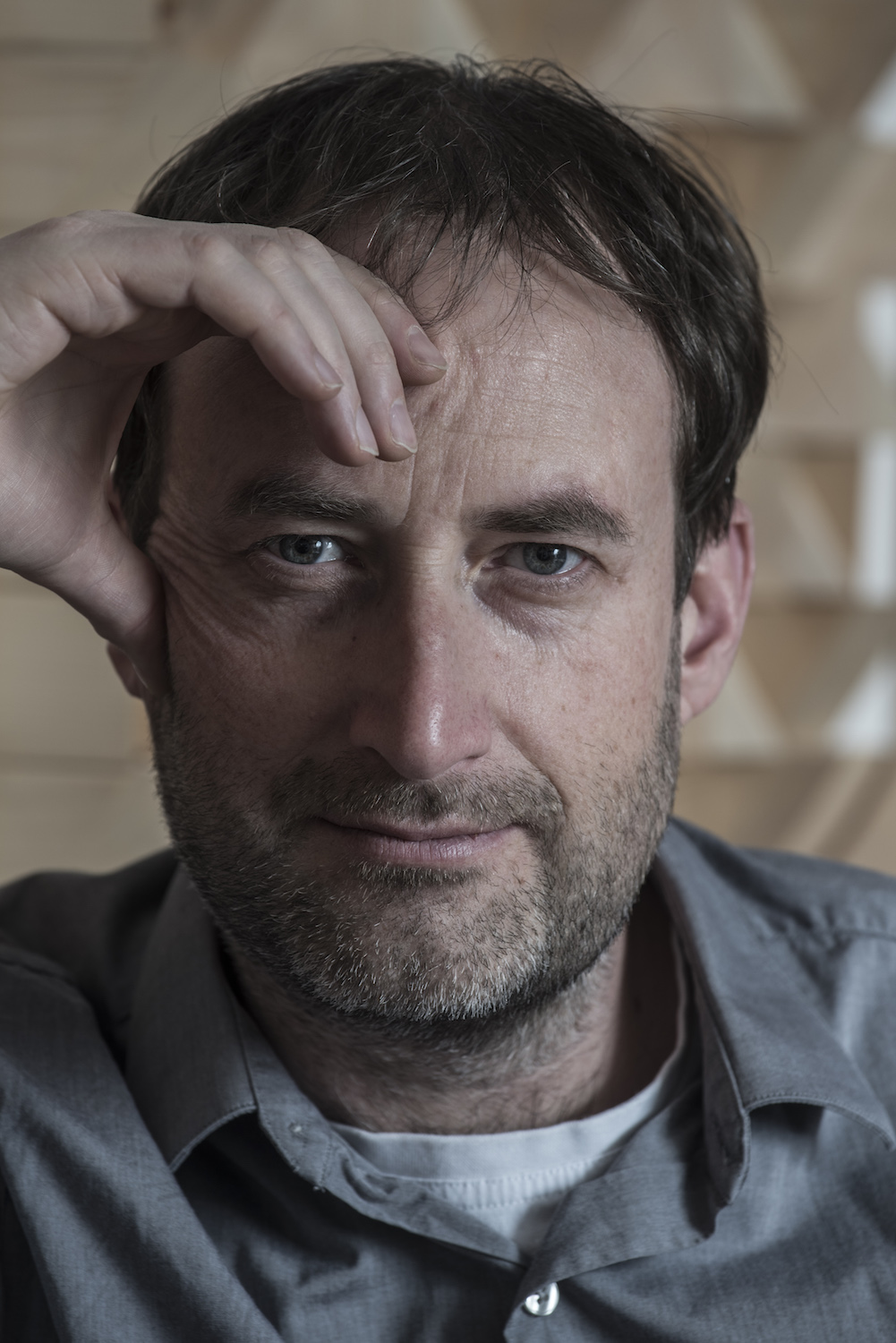
Searching for the tension
“I was fascinated by a similar tension between precise compositional structure and superb improvisation in a performance of Frederic Rzewski’s The People United Will Never Be Defeated! given by pianist Daan Vandewalle,” says the composer. It was to Vandewalle that the concerto Movis was dedicated and the piece was also premiered by him (at the Ostrava Days festival in 2019 in collaboration with the Ostrava New Orchestra and conductor Bruno Ferrandis). The soloist entrusted with the performance at the Prague Spring is nonetheless a different kind of pianist, Ivo Kahánek, who inspired Rataj to comment: “If my work on this piece was, in its own way, a quest to find the borderline between some kind of ʽtotality of scoreʼ and the world of free improvisation, then our collaboration on the piano part is, in effect, our search for the tension between the flawless technique of traditional piano interpretation and the considerable freedom of improvised playing, a measure of which is merely one’s own creativity.”
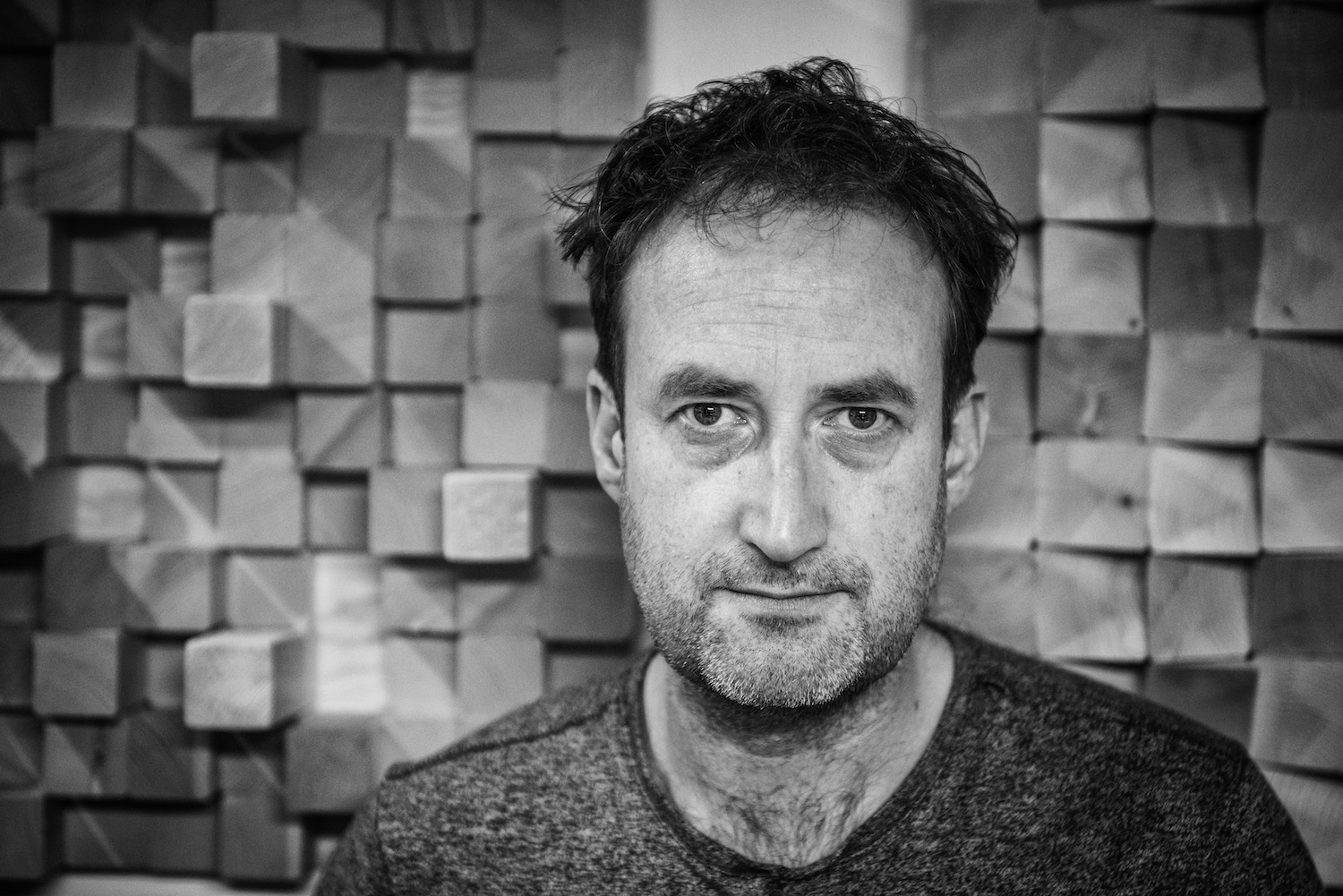
Outright winner
As a performer of remarkable emotional strength and depth, Ivo Kahánek (1979) has earned a reputation as one of the most striking artists of his generation. He is duly able to utilise his gift for finding an immediate connection with his audience, and this in works spanning the Baroque to modernism, while his focus lies in the Romantic repertoire. Outside his native country he is regarded as a specialist in the performance of Czech music. In 2004 he was named outright winner of the Prague Spring International Music Competition. After successful debuts at the Beethovenfest in Bonn and the Prague Spring he received an invitation from the BBC Symphony Orchestra to appear at the BBC Proms in London’s Royal Albert Hall where, in August 2007, he gave a performance of Bohuslav Martinů’s Piano Concerto No. 4 “Incantation” under conductor Jiří Bělohlávek. In November 2014 he was, after Rudolf Firkušný, only the second Czech pianist to perform with the Berlin Philharmonic (under Sir Simon Rattle). He regularly works with the Czech Philharmonic and has given highly acclaimed performances with a series of prestigious foreign orchestras, including the Mahler Chamber Orchestra and the Vienna Symphony. In 2018 he received the Classic Prague Award as soloist of the year and, together with Martina Janková and Tomáš Král, he was awarded the coveted Diapason d’Or for a CD featuring songs by Bohuslav Martinů. He won international accolades for the album he recorded with the Bamberg Symphony under Jakub Hrůša containing the piano concertos of Antonín Dvořák and Bohuslav Martinů (BBC Music Magazine Award, Choix de Classique HD, Disc of the Week on BBC Radio 3, Album der Woche from BR Klassik etc.). Kahánek’s latest release is Dvořák’s complete piano oeuvre, issued on four CDs.
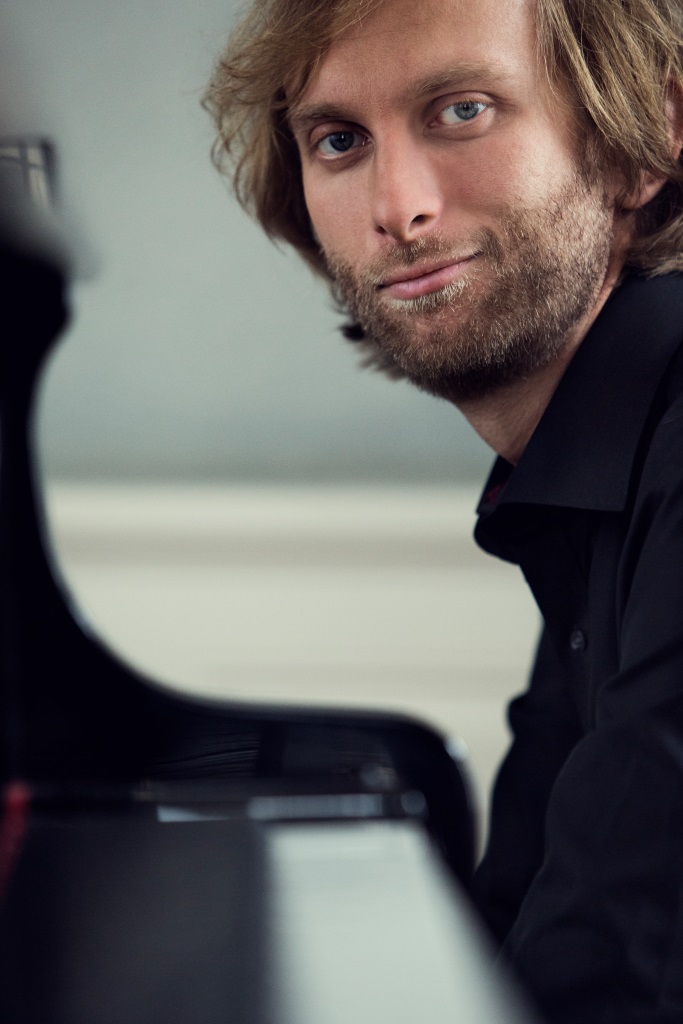
Adventurous programmer
David Robertson (1958) is a highly sought-after artist in the spheres of opera and Classical and contemporary orchestral music. He is recognised as a tireless promoter of contemporary composers, as an adventurous programmer, and as an exceptional performer with a sensitivity for artistic form and an appreciation for the profound communicative powers of music. He gave his debut at the Metropolitan Opera in New York in 1996 with Janáček’s The Makropulos Affair, and thereafter presented a series of outstanding productions, among them the premiere of John Adams’s opera The Death of Klinghoffer (2014), a revival of Janáček’s opera Jenufa (2016), the premiere of the opera Two Boys by Nico Muhly (2013) and numerous repertory works, such as Mozart’s The Marriage of Figaro or Britten’s Billy Budd. In 2018 he conducted the premiere of the famous production by Phelim McDermott, who transferred Mozart’s Così fan tutte to 1950s Coney Island. Robertson’s long-term commitment at the Met continues in the 2021/2022 season as he heads a production of Gershwin’s opera Porgy and Bess from 2019, directed by James Robinson and starring Eric Owens and Angel Blue in the title roles (the recording of the premiere performance won a Grammy in 2021). “David Robertson led a vigorous yet nuanced performance, the finest conducting of ‘Porgy’ I’ve heard” is how Anthony Tommasini described the production in The New York Times. In 2018 Robertson ended his successful 13-year tenure as Music Director of the St. Louis Symphony Orchestra. His recording of John Adams’s City Noir, which he made with the orchestra for Nonesuch Records in 2014, brought him a Grammy award. 2019 saw the release of his last two recordings with this ensemble: Swing Symphony by Wynton Marsalis (together with the Jazz at Lincoln Center Orchestra) for Blue Engine Records, and Mozart’s Piano Concertos Nos. 17 and 24 (with Orli Shaham) for Canary Classics.
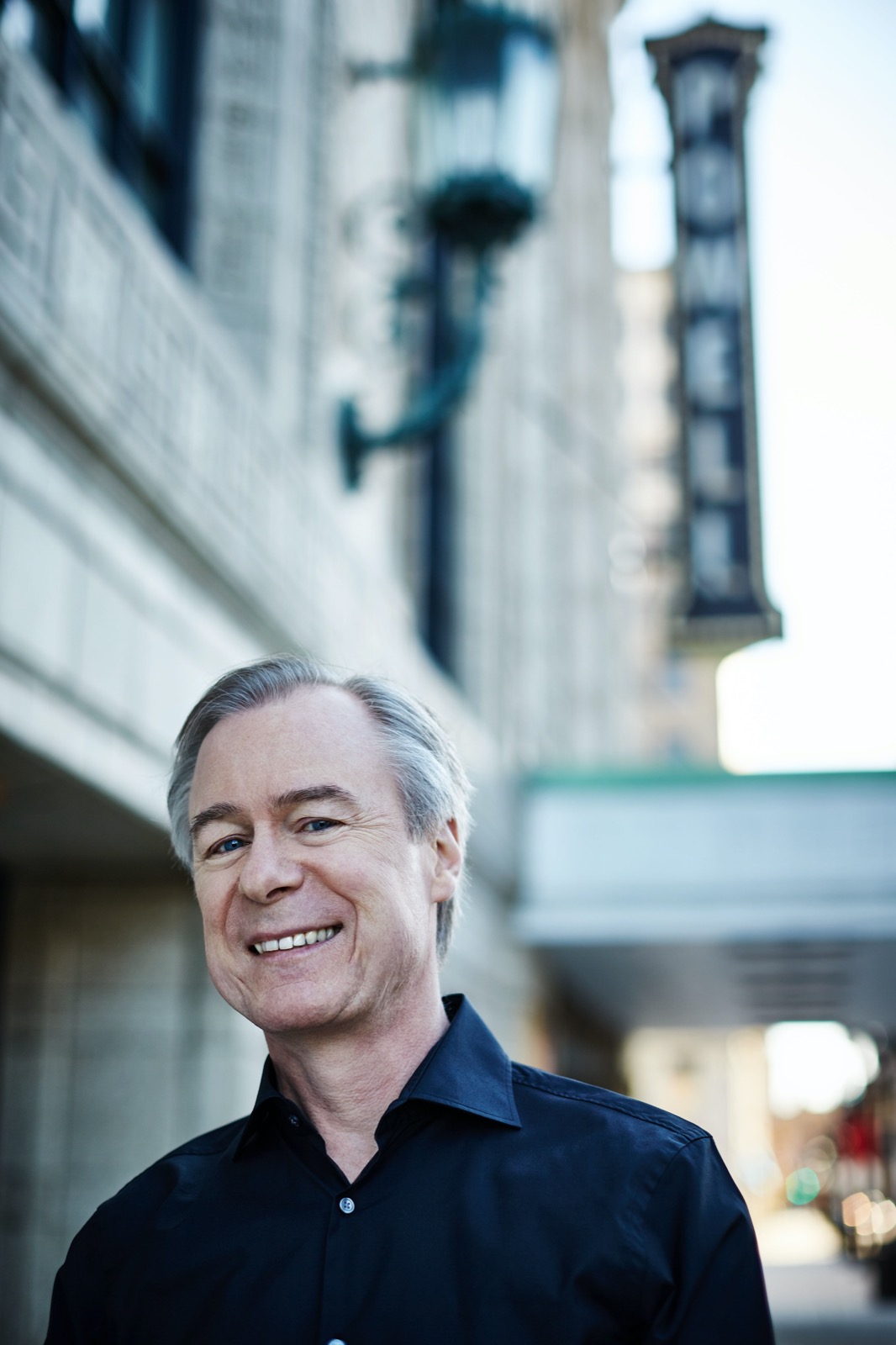
A protégé of Pierre Boulez
In 2019 he completed his farewell season as Chief Conductor and Artistic Director of the Sydney Symphony Orchestra, with whom he continues to collaborate even during the extensive renewal of the Sydney Opera House. In the autumn of 2019 he was appointed a member of the Advisory Council of the new Tianjin Juilliard School Campus in Northern China, a branch campus of the Juilliard School in New York; this post complements his role as head of the conducting department at the celebrated New York school. Robertson has also served as Artistic Director of the Orchestre National de Lyon, as Principal Guest Conductor of the BBC Symphony Orchestra and, as a protégé of Pierre Boulez, he led the Ensemble intercontemporain on its first tour of North America. He frequently appears in concert in Europe with the Amsterdam Concertgebouw, the Bavarian Radio Symphony Orchestra and Staatskapelle Dresden. He regularly returns to the Czech Philharmonic. Their joint performance of Olivier Messiaen’s monumental Turangalîla-Symphonie proved a major highlight of the 2016 Prague concert season. This was a supreme delivery of a 20th century masterpiece, as Jan Průša commented in his review for the Opera Plus website, noting that the Czech Philharmonic played “as if they knew Turangalîla like they know Dvořák’s New World Symphony.” Robertson is also a familiar face at the BBC Proms, where he presented Ives’s Symphony No. 4 in 2007. He holds numerous distinctions, among them the title Knight of the Order of Arts and Letters, conferred upon him by the French Ministry of Culture. He works in support of young musicians; in addition to the Juilliard School he teaches at various festivals, such as those in Aspen, Tanglewood and Lucerne, and also at the Paris Conservatoire. David Robertson was born in Malibu, California. He acquired his musical education at the Royal Academy of Music in London, where he studied the French horn and composition, later turning his attention to conducting. He lives in New York with his wife, the pianist Orli Shaham.
